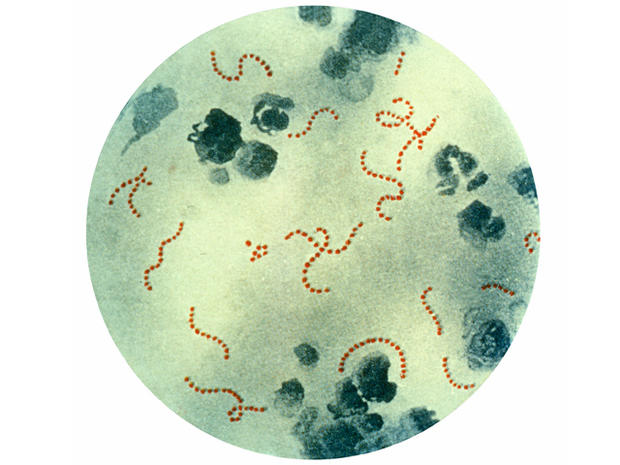Scarlet fever claims second life in Hong Kong
(CBS/AP) "We are facing an epidemic."
That's what Thomas Tsang, controller of Hong Kong's Centre for Health Protection, is saying about the scarlet fever outbreak plaguing the region
The outbreak - that killed a second child in Hong Kong - is thought to be caused by a mutant scarlet fever strain that's resistant to antibiotic.
Certain characteristics of the new strain likely make it more contagious, said Kwok-yung Yuen, professor of microbiology at Hong Kong University.
He said the new strain is 60 percent resistant to antibiotics, compared with 10 to 30 percent in previous strains, he said.
The 5-year-old boy who died Tuesday was confirmed to have scarlet fever Wednesday. A 7-year-old girl who died in May was the first patient in Hong Kong to die of the illness in at least a decade.
Hong Kong has had 466 reported cases of scarlet fever so far this year, nearly doubling the annual total.
And the outbreak has spread to the neighboring region. Almost 9,000 cases have been reported in mainland China, also doubling recent averages, the Hong Kong Standard newspaper reported, citing health officials. Nearby Macau has 49 cases, a jump from 16 in 2010, the Macau Daily Times said.
Scarlet fever is a bacterial disease characterized by a bright red skin rash, fever, and sore throat. It's most common in children under 10. The most serious complication if untreated is rheumatic fever, which may cause joint pain and heart damage. Antibiotics like amoxicillin and penicillin are typically used to treat the disease.
The American Academy of Pediatrics has more on scarlet fever.

